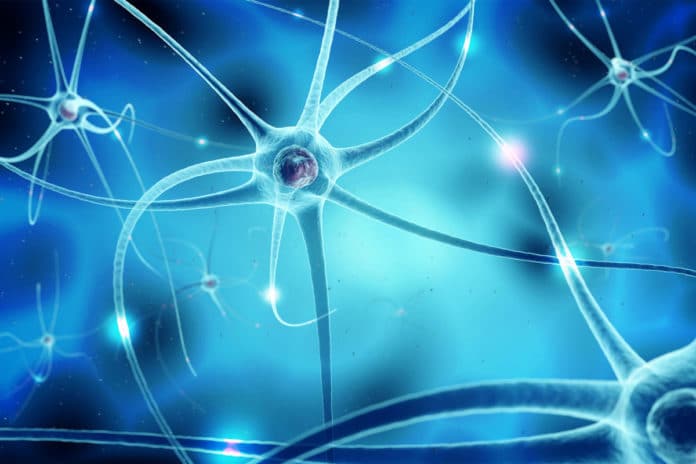The etiology of amyotrophic lateral sclerosis (ALS), a disabling and fatal neurodegenerative disease, is not yet fully understood. Accumulating evidence suggests that neuroinflammatory processes are implicated in the initiation and progression of the disease.
In a new study by the scientists at Harvard-affiliated Massachusetts General Hospital (MGH), treatment with an anti-inflammatory drug delayed the onset of disease in a mouse model of ALS.
Only two treatments are approved until now by the U.S. Food and Drug Administration (FDA) to treat ALS. But, they are only modestly effective. Recent studies from MGH demonstrated that cromolyn sodium exerts neuroprotective effects in cellular and animal models of Alzheimer’s disease.
To test its therapeutic potential, scientists injected cromolyn sodium into male and female mice with and without a genetic mutation that causes ALS. They observed if the treatment delayed the development of disease symptoms in the mice carrying the ALS mutation. They found that it protected neurons from degenerating and helped maintain the connections between nerves and muscles.
Also, cromolyn sodium-reduced inflammation surrounding muscles by targeting specific immune cells, called mast cells and decreased pro-inflammatory markers both in the spinal cord and the blood.
Sadri-Vakili said, “Our study supports the notion that inflammation has a significant role in the progression of ALS, and therefore exploring anti-inflammatory treatments may be of great value for developing an effective treatment.”
“Our findings demonstrate that cromolyn treatment provides neuroprotection in a mouse model of ALS. It remains to be seen whether these effects will translate to people living with the disease. Therefore, we will continue to explore inflammation’s role in disease development and progression in hopes of translating this research into potential ALS treatments.”
Project ALS supported this work.
